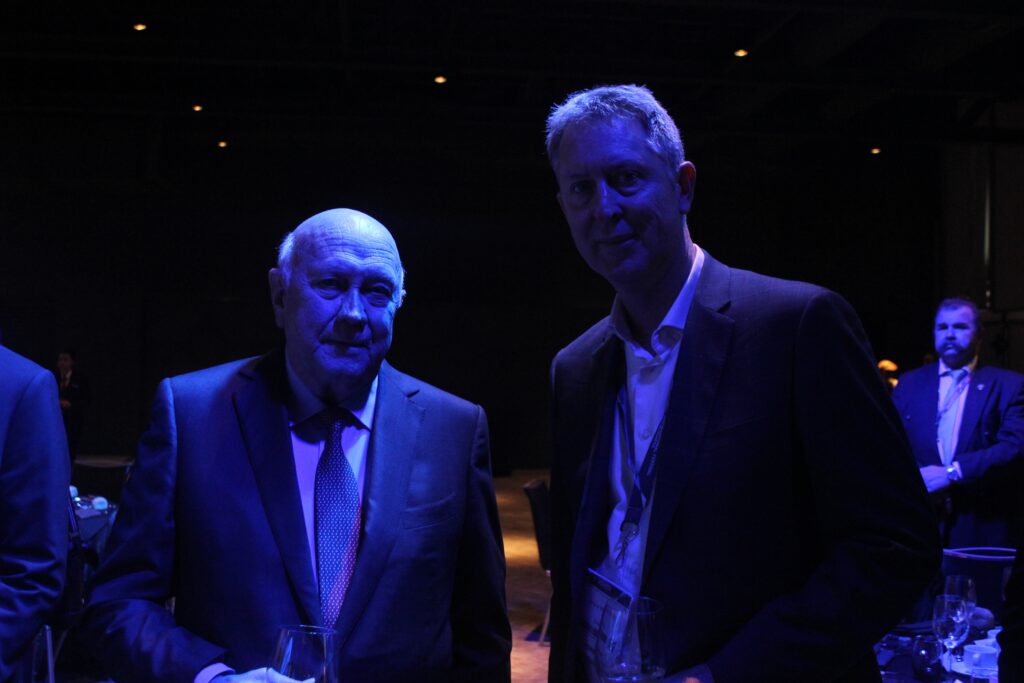The future of
problem-solving
and finding answers
I believe that the answers lie in the cracks
Bruce Muirhead Tweet
I’m an entrepreneur and founder. I’ve built most of my work from scratch: the Boilerhouse (1999), Eidos (2004) and Mindhive (2017). I’ve focused on leveraging large-scale collaboration to design ideas and problem-solve. Each platform leverages a network of partners dedicated to developing ideas, problem-solving and creating new value. In these collaborations, I’ve sought to improve economic and social outcomes for the local and global communities.
I’m very fortunate that the various platforms have been recognised with national – and even global awards. A personal highlight was being recognised for leading one of ten national projects (alongside the Sydney Olympics and the response to the Bali bombings), creating large-scale collaboration to respond to Australia’s priority challenges. Most recently, we were thrilled to be recognised for building the worlds boldest crowdsourcing technology platform.
Problem-solving has led me to learn and work around the world. I’ve engaged hundreds of private and public institutions, leaders, entrepreneurs, and innovators worldwide. Most recently, as an Adjunct Professor at Australia’s Griffith University, I took the time to author “MindHive: How Collective Intelligence Can Create Better Policy and Strategy”. My goal is to have ‘mindhive’ as a verb for problem-solving in the Oxford dictionary.
I love to travel. Over the years I have spoken on collective innovation in many countries, including the United States, South Africa, Asia, Europe and the UK. I enjoy engaging with boards and executives on collaboration and their innovation futures.
I live in Queensland, Australia, with my wife, Fiona. Outside of my family, I enjoy reading, ideas, live music, the beach and travel. I’ve previously lived and worked in London.

In summary, I share my story and life-learnings in a recent graduation speech for students at the University of Queensland.
The world certainly isn’t short of problems.
The new ones just seem to keep piling up on top of the old ones – the ones we haven’t yet solved.
yet we’re still applying a linear and analogue approach.
As a result, this has created a gap that has restricted us
from finding domain knowledge and tapping into the
unrealised potential and value of seasoned problem solvers.
The best answers can come from the strangest places.
Finding solutions is essential to moving forward. And they’ll often come from the strangest places.
I think one of the best examples is recently a crowd competition that looked at trying to find an algorithm to predict guys who were 50 years and older, whether we could predict heart attacks a bit earlier. And you and I would often think that’s the professor of heart algorithms at the University of Melbourne, or that the consultant at the Heart Institute and so forth.
But the winner of that prize that solved that problem was two hedge funders in New York who put their thinking towards an issue, not their space, but they brought their intelligence, their collective intelligence, to that problem.
That wouldn’t have happened without the technologies that are starting to emerge.
A national panel on the future of Australia in the region with Kerry O’Brien, Kate Carnell and Khory McCormick.